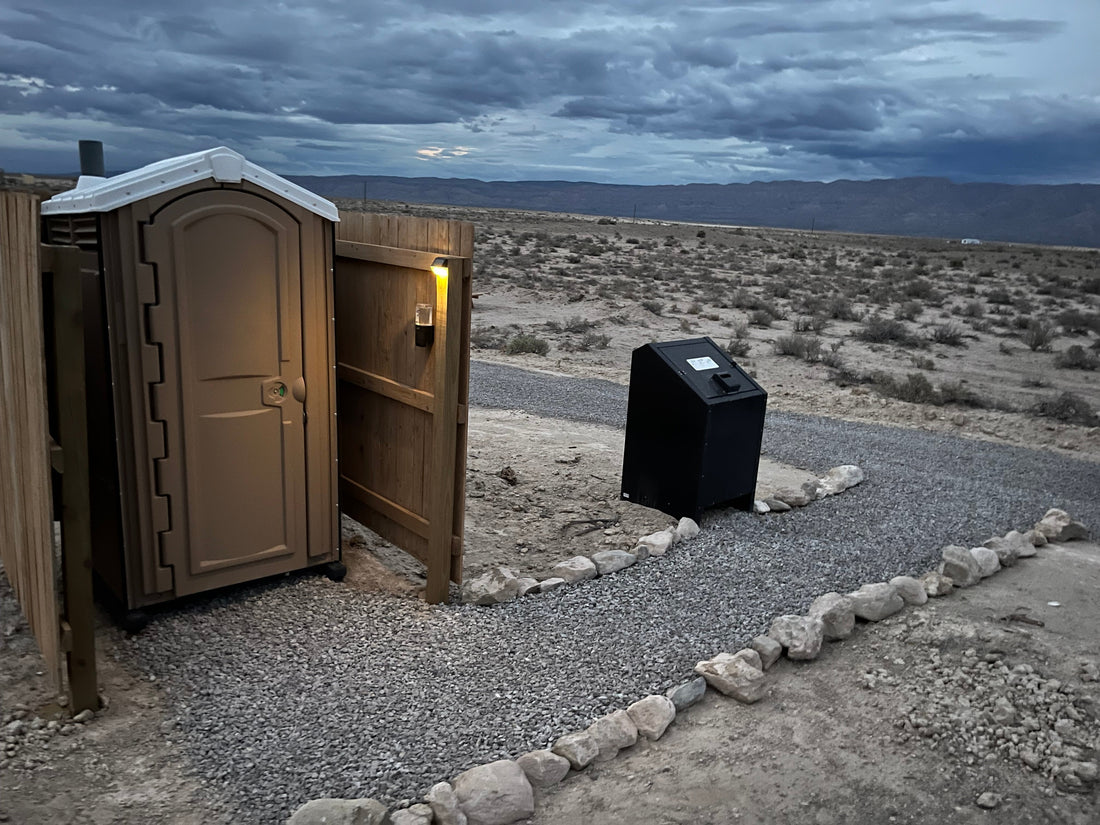
Best Sanitation Practices at Campgrounds
Camping is all about enjoying the outdoors, but it also comes with responsibilities—especially when it comes to sanitation. Cleanliness not only keeps you and your group healthy, but it also protects the environment and ensures a positive experience for everyone at the campground.
Here are some of the best sanitation practices to follow on your next camping trip:
1. Keep Campsites Clean
A tidy campsite is the foundation of good sanitation.
-
Store food in sealed containers or coolers to keep wildlife away.
-
Dispose of trash daily instead of letting it pile up.
-
Keep cooking and eating areas separate from sleeping areas.
2. Proper Waste Disposal
Follow the campground’s rules for trash and waste:
-
Use designated trash bins or dumpsters whenever available.
-
If camping in a remote area, pack out everything you bring in—including food scraps.
-
Never bury or burn trash, as it can harm wildlife and the environment.
3. Restroom Etiquette
-
Always use designated restroom facilities when they are available.
-
If you must go outdoors, follow Leave No Trace guidelines: dig a small hole (6–8 inches deep, at least 200 feet from water sources) and cover it after use.
-
Pack out used toilet paper or use biodegradable options when allowed.
4. Washing Dishes Responsibly
-
Use biodegradable soap and wash dishes at least 200 feet from streams or lakes.
-
Strain dishwater to remove food particles, then scatter the water to help it absorb naturally.
-
Never dump soapy water into a water source—it harms aquatic life.
5. Hand Hygiene
Keeping hands clean is one of the easiest ways to prevent illness at camp.
-
Wash hands with soap and water before preparing food and after using the restroom.
-
Use hand sanitizer when water isn’t available.
-
Encourage kids to clean their hands often—especially after playing outside.
6. Water Safety
-
Don’t assume natural water sources are safe to drink.
-
Always filter, boil, or use purification tablets before drinking water from streams, lakes, or rivers.
7. Respect Wildlife
Animals are part of the campground environment, but human waste and food scraps can harm them. By following proper sanitation practices, you keep wildlife wild and avoid unwanted encounters.
Final Thoughts
Good sanitation is more than just a personal habit—it’s about caring for the land, protecting wildlife, and ensuring that campgrounds stay beautiful for everyone to enjoy. By practicing these simple habits, you’ll not only stay healthier but also leave the outdoors better than you found it.
